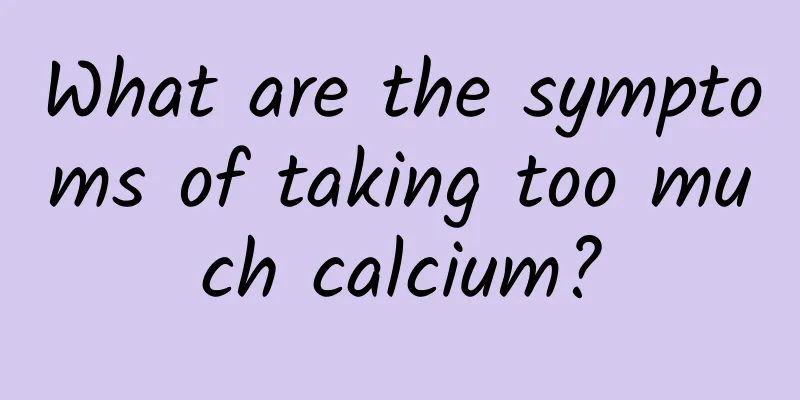Depression after medication withdrawal

|
The best treatment for depression includes drug therapy. When the patient has achieved a phased treatment effect, he or she will gradually reduce the amount of medication he or she takes. Under the guidance of a doctor, he or she can gradually stop taking the medication. Although there is no problem of drug dependence in depression, when the medication is stopped, some symptoms may occur, such as numbness, irritability, auditory and visual hallucinations, etc. Reactions after stopping depression medication: Antidepressants are not addictive; however, stopping such drugs may indeed cause a series of withdrawal reactions. Common symptoms include dizziness, impaired balance, headache, nausea, insomnia, vivid dreams, etc. Some patients may also experience numbness, electric shock, personality disintegration and irritability, and even visual and auditory hallucinations. 53 antidepressant discontinuation symptoms were identified, the most common of which was dizziness; other researchers divided the main SSRI discontinuation reactions into six categories, namely sensory symptoms, balance disorders, general somatic symptoms, emotional symptoms, gastrointestinal symptoms and sleep disorders. Antidepressant withdrawal symptoms may last for 1-2 weeks and are usually mild, but can also be severe. It is generally believed that this phenomenon is related to the elimination half-life of antidepressants: drugs with a short half-life are more likely to occur. Discontinuation reactions not only cause discomfort to patients, but may also be mistaken for a relapse of the disease, a physical illness, or the side effects of a new antidepressant, thereby interfering with treatment. Among them, expectant mothers, newborns and the elderly need special attention. Pharmacological characteristics of antidepressants Understanding the pharmacology of different antidepressants can help explain discontinuation symptoms. Studies have shown that the speed of discontinuation and the duration of treatment are key factors in predicting the discontinuation response of antidepressants. For SSRIs, the decrease in 5-HT energy caused by abrupt discontinuation of the drug can lead to discontinuation symptoms, and the NE and DA systems may also be involved. In addition, some new antidepressants, such as melatonin MT1/2 receptor agonists and 5-HT receptor antagonists agomelatine, although their half-lives are also relatively short, basically do not cause withdrawal reactions. This phenomenon is also worth exploring. The biological mechanism of antidepressant withdrawal reactions is still controversial; the current basic consensus is that any antidepressant may cause withdrawal symptoms, which are more common with TCAs, MAOIs and SSRIs, especially those with higher potency and shorter half-life, such as paroxetine in SSRIs and venlafaxine in SNRIs. |
>>: How to rupture the ovarian follicle
Recommend
What are the treatments for gangrene?
Gangrene is a serious skin ulcer-like disease. Th...
Blood sugar control range after tooth extraction
There are many taboos in tooth extraction. For ex...
Difference Between Colon and Rectum
The colon and rectum have different functions. Th...
Cold and heat-clearing soft capsules
Cold and heat-clearing capsule is an over-the-cou...
What to eat for insomnia caused by kidney deficiency? Three foods are most effective
Insomnia due to kidney deficiency is a common sym...
How can I treat a bad smell in my mouth caused by wisdom teeth?
Many people often have some dental diseases in th...
What should I do if I can't see clearly?
In real life, many people are prone to blurred vi...
Acute simple gastritis
In many cases, there are indeed many things that ...
A small fleshy bump on the body
If small lumps appear on your body, you should fi...
Can I use moxibustion to treat ovulation bleeding?
Moxibustion, a traditional Chinese medicine treat...
What medicine should women take for urinary pain
If you experience stinging pain when urinating, y...
Preventing diseases in spring
In fact, spring is a season with many diseases, b...
How to treat tinnitus in children?
Tinnitus is a very annoying thing because it can ...
Dietary considerations after gallbladder removal
Cholecystectomy is a method to treat cholecystiti...
TCM treatment of myopia and astigmatism
Astigmatism is an eye problem that many people ha...









